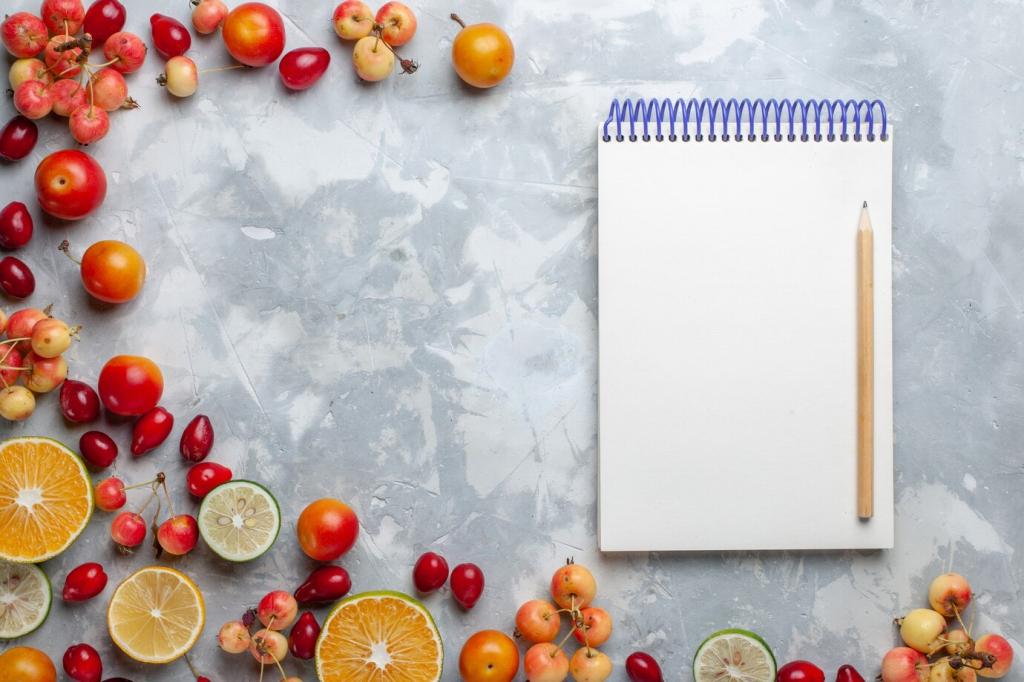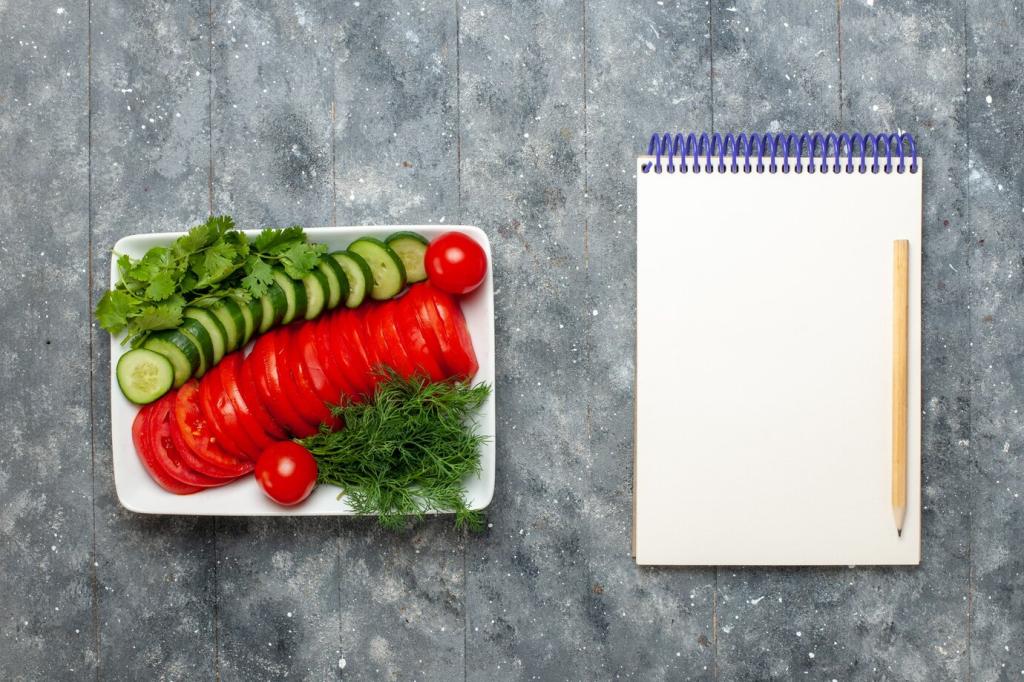Foundations of a Balanced Athlete Plate
Carbohydrates fuel hard efforts and protect your training quality. Periodize intake from lower on rest days to higher on intense blocks, aligning portions with session demands. Many athletes thrive between 3–8 g/kg/day, scaling upward around long runs, key intervals, or back-to-back sessions.
Foundations of a Balanced Athlete Plate
Aim for roughly 1.6–2.2 g/kg/day, spread evenly in 20–40 gram doses every three to four hours. Prioritize high-leucine sources like dairy, eggs, poultry, or tofu. This rhythm supports muscle repair, satiety, and immune function while buffering heavy training loads and travel stress.
Foundations of a Balanced Athlete Plate
Include quality fats—olive oil, nuts, seeds, and fatty fish—around 20–35% of calories to support hormones and long-duration energy. Guard key micronutrients: iron for oxygen transport, calcium and vitamin D for bone, plus colorful produce for antioxidants. Share your go-to nutrient-dense staples below.





